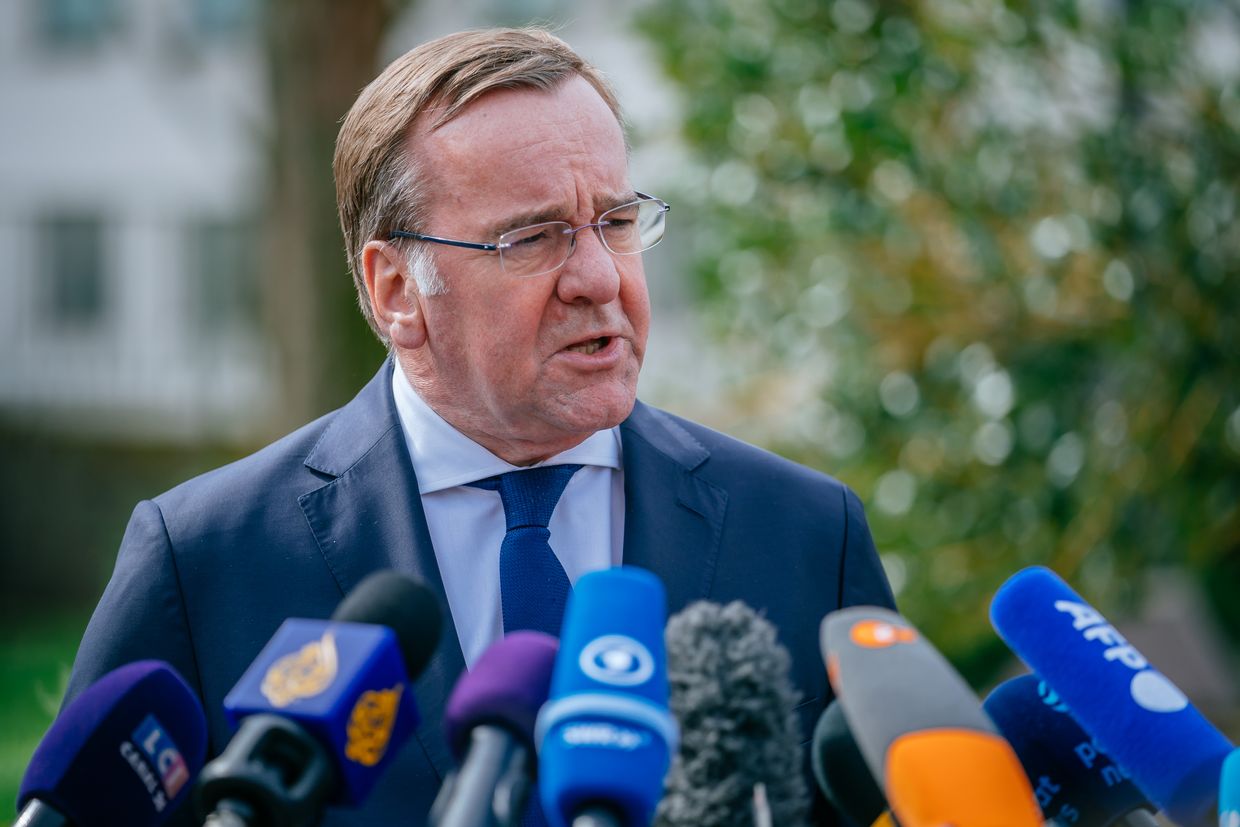Pentagon: Recent $300 million in US aid was 'onetime' deal, Congress must approve further funding

The $300 million U.S. aid package announced earlier in March was a "one-time good deal" related to funds saved from other contracts, Pentagon spokesperson General Pat Ryder said to Radio Free Europe/Radio Liberty (RFE/RL) on March 19.
The funding package was announced on March 12 and included a large number of artillery rounds and GMLRS rockets for HIMARS launchers. It came as an ongoing impasse in Congress has delayed the approval of further U.S. aid for Ukraine since fall 2023.
The $300 million was the first tranche of U.S. aid since December 2023 and was only something that the Pentagon was "able to find" based on savings from already completed contracts, Ryder said.
It is not a replacement for Congressional approval of the more than $60 billion in funding that has been languishing for months, he added.
The U.S. Senate passed the foreign aid bill in February, but House Speaker Mike Johnson has so far refused to put it to a vote in his chamber, despite the pressure from the White House and other members of Congress.
Ryder said that the focus should still be on passing the $60 billion, a sentiment that U.S. National Security Advisor Jake Sullivan repeated when detailing the package earlier in March.
At the same time, Ryder said there are actions that the U.S. can take to continue to support Ukraine, such as training Ukrainian soldiers and helping build up its long-term defense strategy, even as further aid is in limbo.
"But of course, in the end, having the money behind the effort is very important," Ryder said.
The general acknowledged that the delay in aid has "continued to expose Ukraine to increased risk" and contributed to the current focus of the Ukrainian military to remain on the defensive.
Addressing the ongoing discussion sparked by French President Emmanuel Macron's suggestion that sending Western troops to Ukraine should "not be ruled out," Ryder categorically said, "we will not introduce U.S. troops into Ukraine."
"The United States is not at war with Russia. We do not seek war with Russia."
The U.S. would nonetheless continue to deter aggression from Russia and "in other parts of the world," Ryder concluded.














